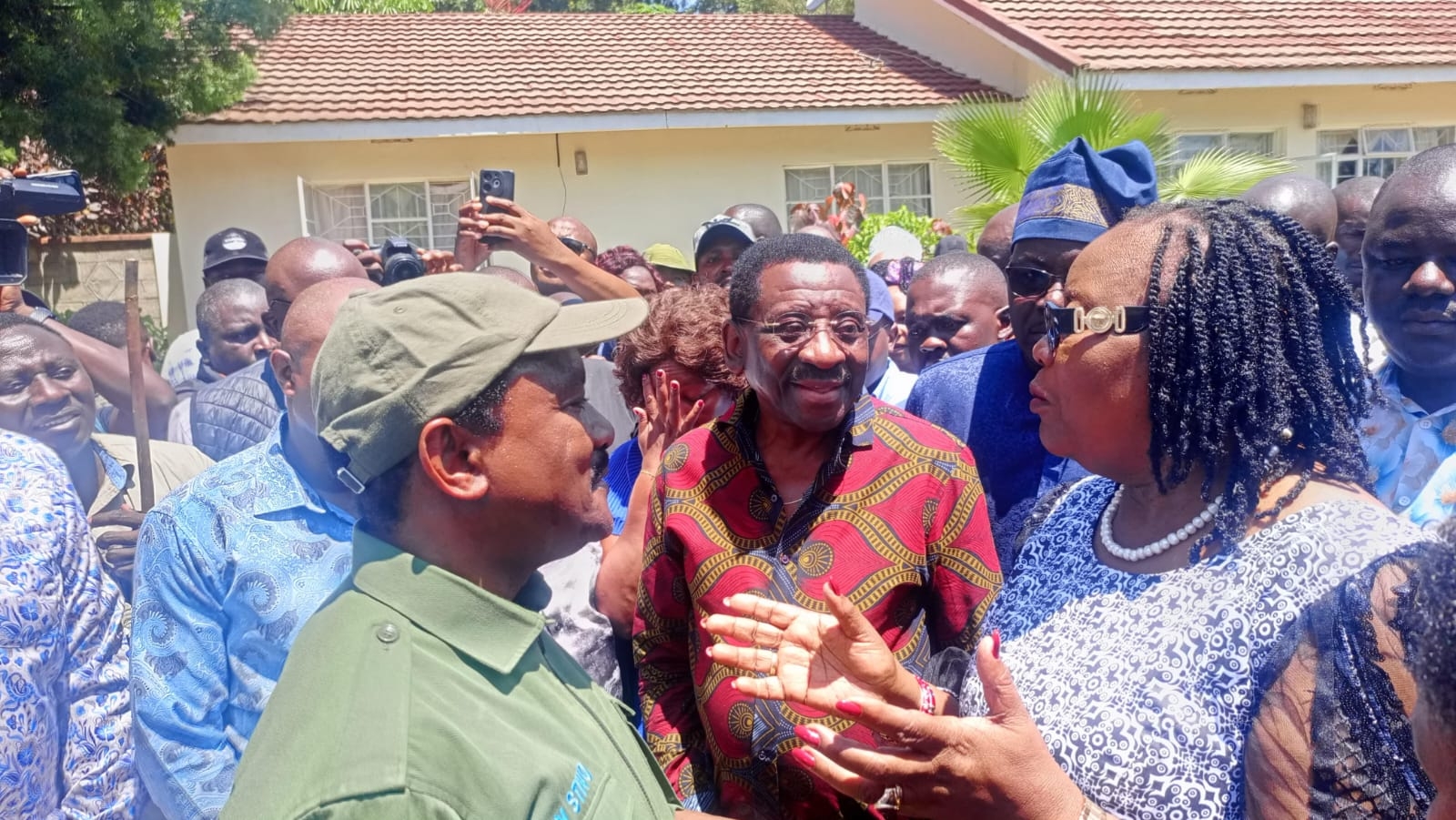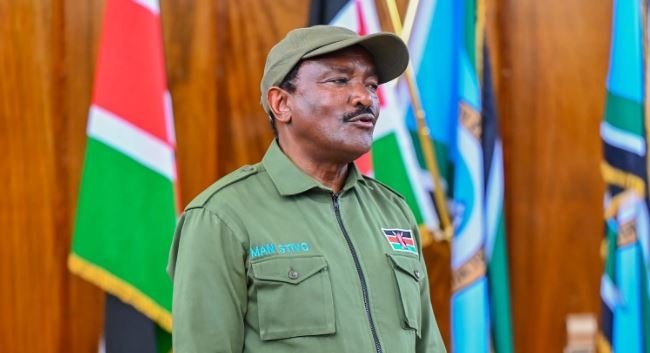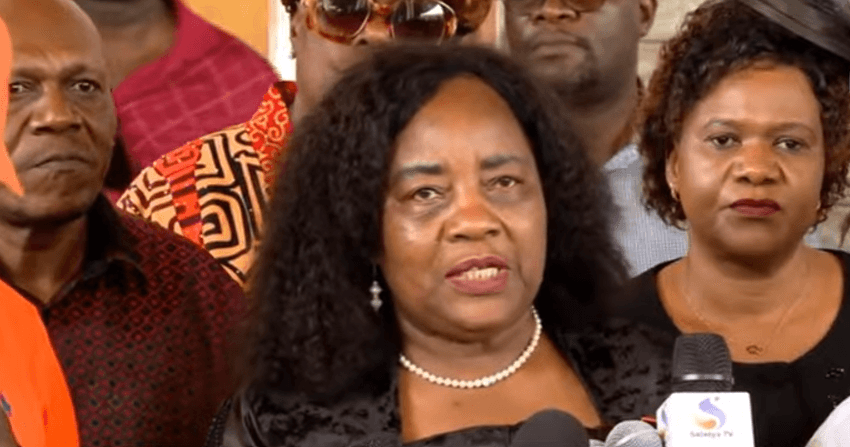Despite all that the government is mandated to do, and has indeed said it will do, people with disabilities in informal settlements have seen little improvement or support.
This is documented in the third Participatory Action Research project report by the Mathare Social Justice Centre.
This research was undertaken to better understand and document the lives, experiences, challenges, and needs of people with disabilities living in informal settlements.
The first was on extrajudicial killings, the second on water and this third one is on disability. This article is based on this last report – with the support of the MSJC.
Those who know Mathare understand the many challenges already faced by the people who call it home, including a lack of basic services, proper housing and access to sanitation.
CONSTITUTIONAL RIGHTS
Constitution Article 54 is a quite full statement of the rights of persons with disability. They must not be treated in a disrespectful way. They must be able to access education and —unless it is best for them — not education that separates them from society.
They are entitled to reasonable access to places, to public transport and to information. They have a right to use sign language, Braille or other suitable ways of communicating. And they have a right to the equipment they need to cope with their disability.
As the report points out, the Universal Declaration of Human Rights is also relevant. It recognises everyone’s right to work, as well as everyone’s right to health, food, water and housing, also recognised in our Constitution, Article 43.
Most of this research was conducted within Mathare informal settlement, and this report is the result of ongoing conversations, a community dialogue, one awareness creation event, a survey of 82 persons with disabilities and in-depth interviews with six others.
In the past, disability has been framed as the fault of the individual, in some cases believed to be the result of a curse or witchcraft. In reality, the problem is not with individuals, their bodies or their minds.
There is a diversity of human experience that makes us human and disability is a natural part of being human.
The problem is the physical and social barriers that prevent people with disabilities from "full and effective participation in society on an equal basis with others."
Interestingly, many with a disability in Mathare would initially respond that they have access to services, but deeper inquiry showed that almost all actually had very limited access.
Virtually all participants who suggested they had access to water later made clear that they purchased it inconsistently, and often at high prices.
Many were forced to illegally access water and electricity as it was not accessible to them through legal means. Participants’ access to shops was usually only possible with the assistance of neighbours. Many participants with access to education went on to suggest that this education was not suitable for their own or their child’s needs.
The majority of those with disabilities in Mathare live in poverty, but only one of those surveyed was receiving financial support from the government.
Ninety per cent of respondents requiring sign language and Braille training did not have access to it.
Despite many living with physical disabilities, none had access to a toilet for the disabled
Of the 82 people, 78 per cent required some form of supportive equipment but 96 per cent of these did not have all the equipment they require; 59 per cent need mobility equipment (eg wheelchair), which they do not have.
Fifty-three per cent were unemployed and 13 per cent relied on begging for an income (this, of course, was before Covid-19). Fifty-four per cent were aware of the Persons With Disability card, yet only 40 per cent had one.
Of those, very few received any benefit from it. One woman who lost an arm in the post-election violence said, “I hear that the government has money for the disabled. When we follow up, they say we must have an identification card. When we go and get the card, they say the money’s gone.”
And MSJC heard an account of someone taking their documents to be signed by the chief but the documents being ripped up simply because he was disabled.
A frequent theme was that people are discriminated against because of their disability and feel that this is why they are not given jobs they apply for.
Without financial support, they are unable to start small businesses to support themselves and their families. If people do not have access to vital support equipment and medical care, they cannot work.
Many people with physical disabilities need access to regular physiotherapy but can’t afford it. Most cannot access or afford vital medical care or medication.
Ideas still exist within the community that certain disabilities are the product of witchcraft or a curse. Some people with disabilities face stigmatisation because their disability is simply not understood. Assumptions are also made about their capabilities.
or instance, some believe people with intellectual disabilities cannot learn to read, yet it may take such students longer, or require specific interventions, but reading skills are often attainable. Sometimes simply introducing alternative teaching methods can help.
The impact of all this is exacerbated by the stigmatisation of poverty, as the two often coexist. Society blames people for being poor.
However, systems of economic exploitation, imbalance and corruption are in fact to blame. As one person put it, the mentally disabled need to be assessed and respected equally. Education for disabled people is important.
People with disabilities lack access to all manner of things that they should be granted under Kenyan law and protected as their most fundamental human right.
The challenges facing children with disabilities and their families differed slightly from those faced by adults, however many were still issues of accessibility. In some cases, people are not aware of the small support services that do exist.
It is also clear the National Council for Persons With Disabilities is underfunded and unable to do the work it is mandated to do. Its offices are in an area inaccessible to the many people with disabilities who live in Eastlands, including Mathare.
ACCESS TO PUBLIC BUILDINGS
MSJC also undertook a public buildings accessibility audit to understand how accommodating and accessible they are for people with disabilities — as they should be in law.
Kenyatta National Hospital
They found it to be large, and very difficult to get around for someone with mobility challenges. The access ramp to the second story is very long, steep and slippery. The only accessible toilet is in the specialist doctors’ area of the hospital. Much of the ground is too uneven for people who have mobility challenges and seemed likely to challenge the visually impaired.
Nyayo House
To enter the security area, wheelchair users must use the road as a special entrance, which is unsafe due to other road users. The only ramp from road to the pavement is inadequate, small and bumpy, and the ramp to enter the main building is prohibitively steep, even for someone being pushed up in their wheelchair.
Kenyatta Avenue Huduma Centre
To enter, a person in a wheelchair must use a special entrance, and crossing from the pavement to the road outside the building is a significant challenge. There is a public washroom outside and around the corner, but no accessible toilet within this complex.
University of Nairobi
At the institution, much of the ramp access to buildings is prohibitively steep and to the rear of buildings. People using a wheelchair would need support to use the ramps. There is only one wheelchair-accessible toilet on the entire campus. The door to enter the washroom is so heavy that it is impossible to open unassisted. The doorways are not wide enough and the cubicle not spacious enough.
But MSJC says, “We saw how women and mothers took up most of the work as caregivers. We also witnessed the determination, resilience, strength and creativity of people with disabilities living in informal settlements, and all the ways they have found to survive in the face of so many injustices and challenges.”



















